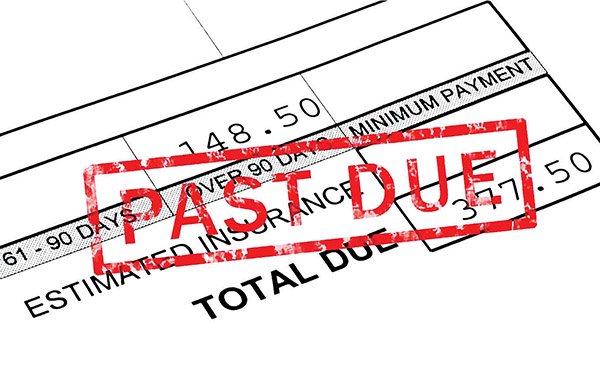 06
06Nov
Debt Buyers and the Influx of Default Judgements
Do you owe a bank for unpaid credit card debt, or have you failed to pay the balance of an old cell phone bill? If so, it is likely that you have received telephone calls from unknown representatives from what you believe are suspicious companies, claiming that you now owe them money. If this is the case, it is important that you don’t ignore the phone calls because it is likely that they do have the legal authority to collect the debt.
For well over a decade, larger banks and companies have sold their “uncollected debt” to third parties. When the debt is sold, it is often sold for pennies on the dollar. If the debt buyer is unsuccessful in collecting the debt, or was only capable of collecting a portion of it, the uncollected amount is further sold to smaller debt collection companies. Five of the largest debt collecting companies including Encore Capital Group, PRA, and Asta Funding together own about 80 percent of all credit card debt sold in the United States. This is troubling because smaller debt collecting companies are typically more flexible with the consumer. Recently PRA was required to refund $19 million to consumers because the representative said that a lawyer had “reviewed” the debt and that they were calling on behalf of a lawyer when really a lawyer did not review the debt and they were not calling on behalf of an attorney.
Another big problem with regard to debt collection and buying, is how easy it is for debt owners to get a legal judgment against the consumer and how little it is patrolled. Often the debt collector buys the debt from a large company, cannot collect the debt, and then files a lawsuit against the consumer. Because the consumer is not familiar with company that currently brings the lawsuit, the consumer does not respond to the lawsuit and then the debt collector seeks a default judgment. Due to the high volume of cases like this, courts often “rubber stamp” the judgments without requiring the debt owner to show adequate proof that the consumer actually owes the debt and/or that the debt collector has legal right to collect it.
often “rubber stamp” the judgments without requiring the debt owner to show adequate proof that the consumer actually owes the debt and/or that the debt collector has legal right to collect it.
In 2016, the Consumer Financial Protection Bureau is expected to issue comprehensive rules regulating debt collection and debt buying. Until then, the rules vary from state to state, some granting more protection to the consumer and others, like Arizona, have passed legislation that has made it easier for debt buyers to collect the debt.
Regardless of your location, it’s extremely important to remember that if you receive a lawsuit or complaint in the mail, do not ignore it, even if you are not familiar with the Plaintiff’s name. You should immediately consult with an attorney experienced with debt collection. If you need advice regarding debt collection, don’t hesitate to contact our office.
see http://www.abajournal.com/ for more information.
United States Tel: (602) 230-1393 Fax: (602) 230-1273